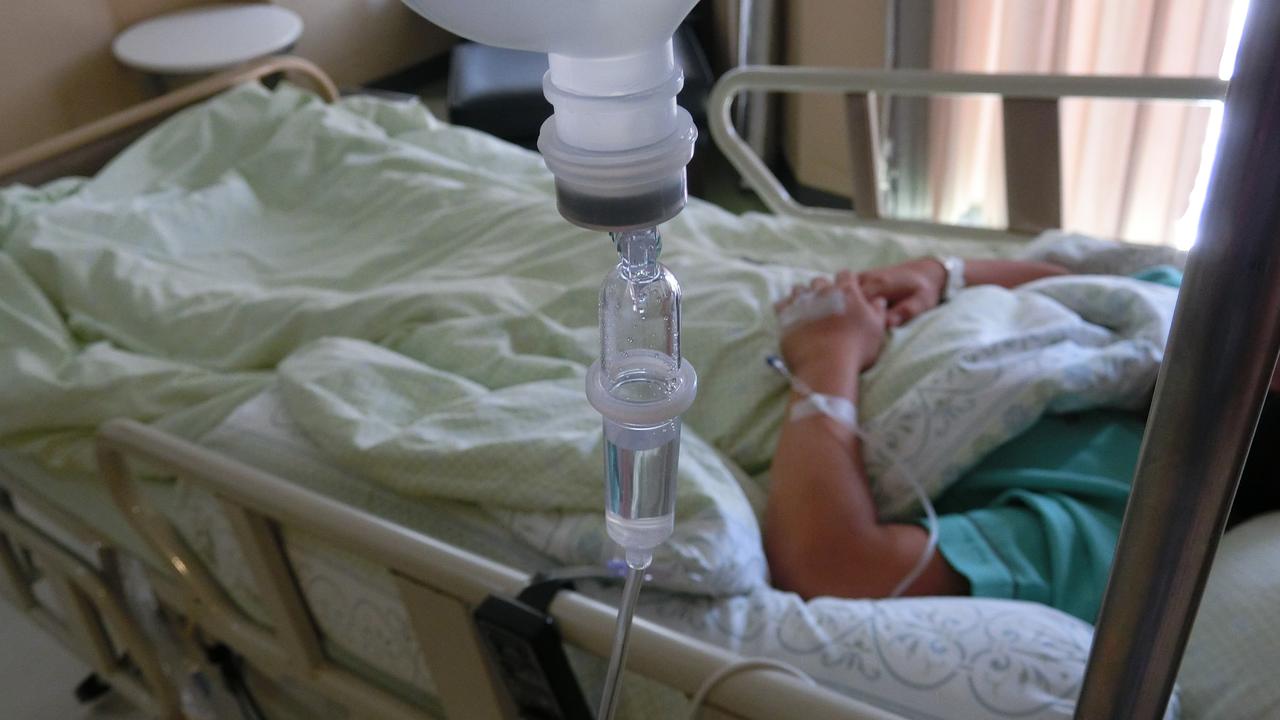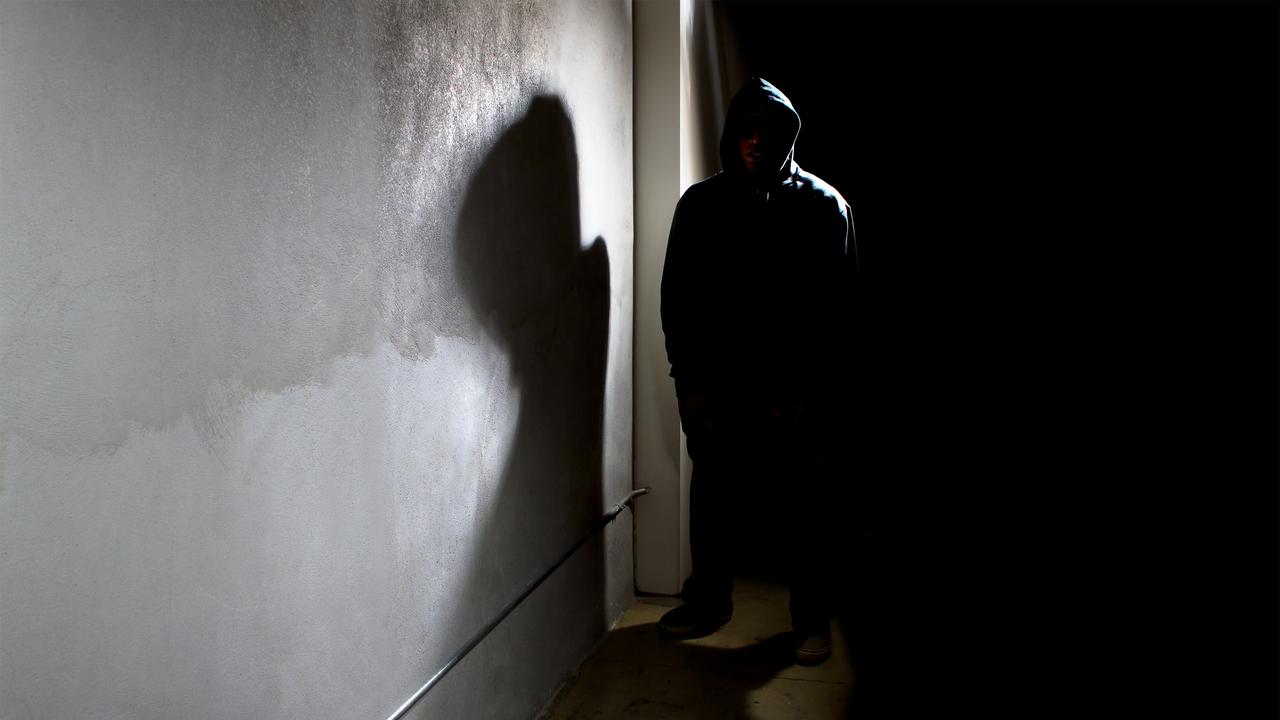How Victorians voted in the Voice referendum
Victorians have voted down the Voice, sparking criticism that the Yes camp tailored their campaign at “Smith St, Collingwood and not Smith St, Melton”.
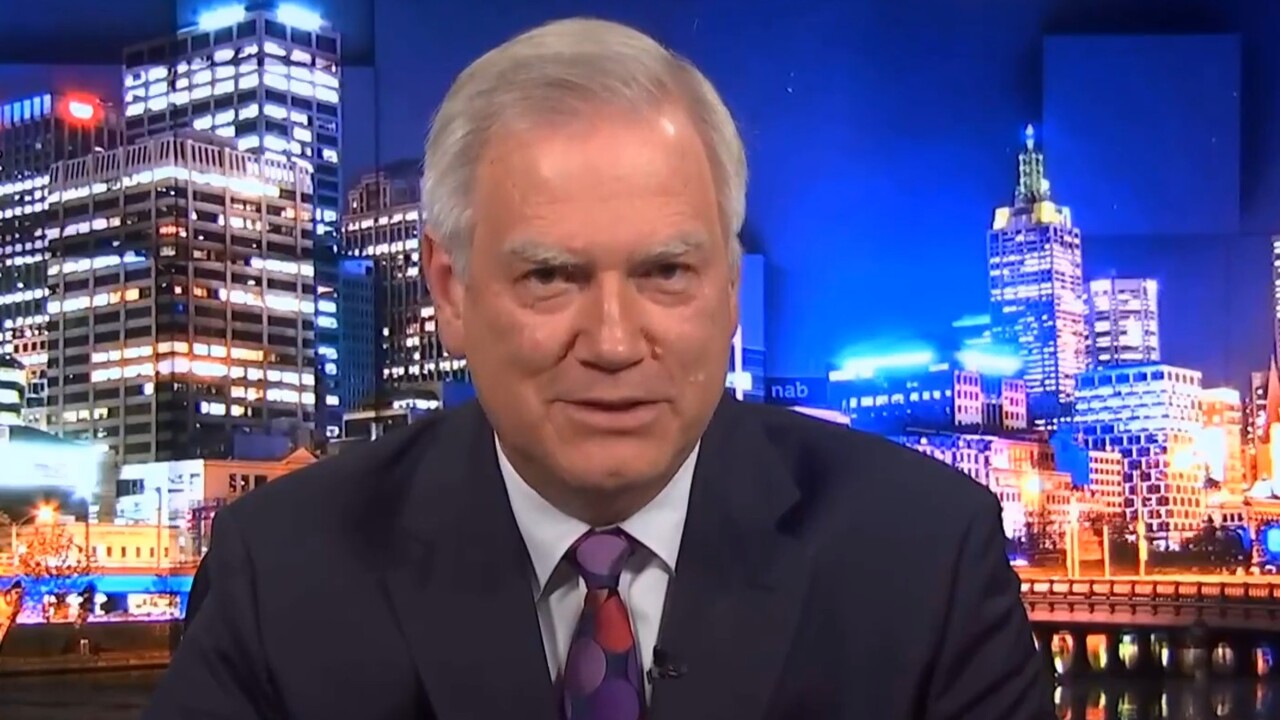
Victoria
Don't miss out on the headlines from Victoria. Followed categories will be added to My News.
Victoria has voted down the Indigenous Voice to Parliament.
As of 11.30pm, more than 73 per cent of Victorian votes had been counted, with 54.5 per cent of people rejecting the proposed change to the constitution.
But Victoria had the highest support for the Yes vote of all six states, with 1.26 million people (46.6 per cent) voting in favour of the referendum question, compared with 1.44 million (53.4 per cent) voting No.
The inner city electorates of Melbourne, Macnamara, Higgins, Wills and the Teal-seats of Kooyong and Goldstein all voted in support of the proposed change, as predicted.
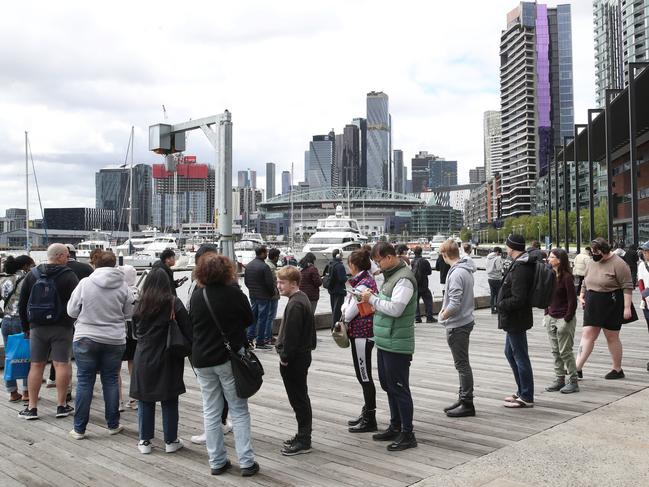
Strong Labor-held seats of Maribyrnong, Jagajaga, Isaacs, Gellibrand, Fraser, Lalor and Cooper also turned out to vote Yes.
But outer suburban residents across Aston, Bruce, Casey, Calwell, Gorton, Hawke, Holt, La Trobe and Scullin shot down the proposed change, in a move that pollsters had been warning about.
Regional Victoria also voted against the Voice, with nearly 80 per cent of the Mallee and more than 72 per cent of Gippsland saying no.
Victoria initially had the highest support for the Voice of any state, but that suffered a decline in the weeks leading up to polling day.
RedBridge director and former Labor strategist Kos Samaras said the No vote had benefited from a “terrible campaign” by the Yes camp, which he claimed failed to explain the case to many people in the suburbs.
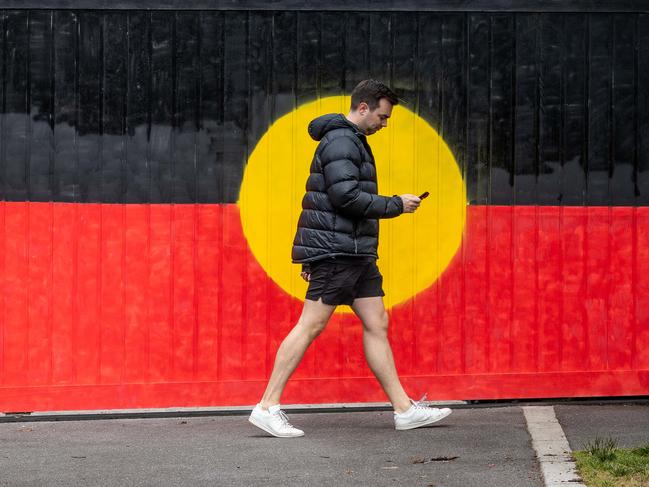
“This campaign on the Yes side has been tailor made for Smith St, Collingwood and not Smith St, Melton,” he said.
“The way the Yes camp put the campaign together by using corporate Australia, celebrities and rallies in the CBD had nothing to do with the suburbs.
“Within 18 months, we’ve had three significant polls where the outer suburban electorates have sent a message that they aren’t being listened to.”
RedBridge co-director Tony Barry, a former Liberal Party strategist, said the Yes campaign underestimated the power of Indigenous voices.
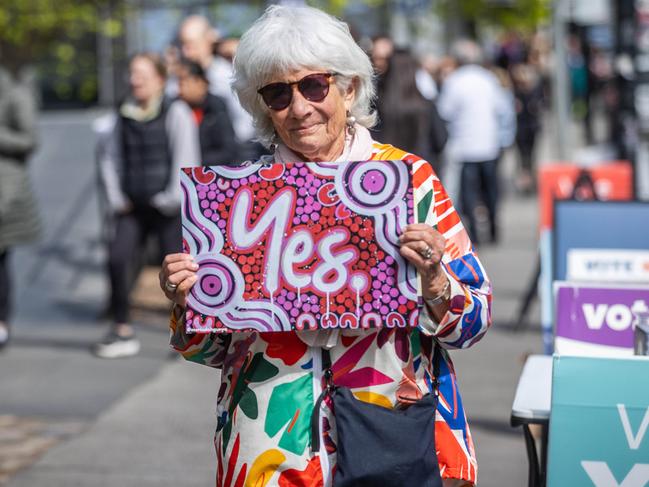
“The advocacy of Jacinta Price, Warren Mundine and Lidia Thorpe, according to our polling, gave the soft Yes voters permission to vote No,” he said.
Former Victorian First Peoples’ Assembly chair and Yes campaigner Marcus Stewart said waking up on Sunday to a failed referendum would signal more of the same for Indigenous Australians.
“We’re already living in no. No is now, now is nothing. But yes gave us an opportunity to start moving the dial and closing the gap,” he said.
Premier Jacinta Allan, who cast her Yes vote in Bendigo, on Saturday issued a strong message to First Nations people in the wake of the defeat.
In a joint statement with Minister for Treaty and First Peoples, Natallie Hutchins, Ms Allan acknowledged that the pain for some people “may never fade at all”.
“Australians have decided that the Commonwealth approach to change the Constitution – in this particular way – was not the right way to go,” she said.
“There is one truth we know to be self-evident: when Aboriginal Victorians thrive, we’re all the stronger for it.”
Ms Allan said Victorians wanted a better future for Indigenous Australians, their communities and children for generations to come, and could get behind the principle of listening to them.
She said Victoria’s First People’s Assembly had proven to be an effective way for Aboriginal Victorians to get to have a say, and for us to work together towards reconciliation.
“We have a lot more to do, of course – in health, education, employment, housing and justice,” Ms Allan said.
“We’ll keep working towards a stronger, fairer future for Aboriginal Victorians – led by, shaped by and driven by Aboriginal Victorians.
“And at all times, we’ll remain in awe of the extraordinary strength, resilience, and survival of First Nations people across this country.”
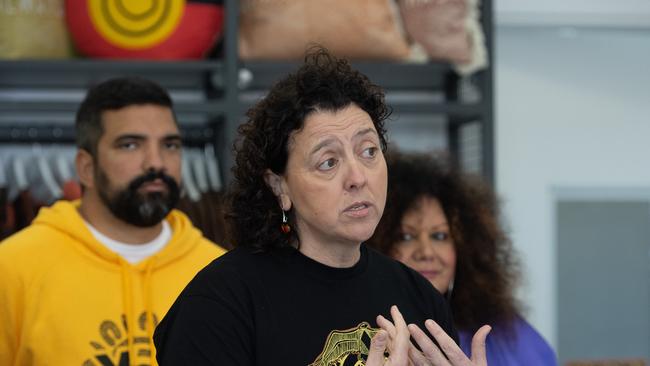
Teal MP Monique Ryan - whose electorate of Kooyong had a majority Yes vote - said she felt “great sadness” that the nation rejected the Voice.
But she said she accepted the result.
“We took steps to reconciliation in 1967, with Mabo and Wik, and with the Apology to the Stolen Generation,” she said.
“We could have taken another step today, but as a country we weren’t ready for that. I hope we will be soon.”
Dr Ryan said the “hurt and disappointment” of Indigenous Australians needed to be acknowledged.
She paid tribute to her army of volunteers saying their conversations with voters had overcome the “lies and disinformation spread by the Liberal Party”.
“Once again, we have rejected cynicism and voted for a more generous and inclusive Australia,” she said.
First Peoples’ Assembly co-chair Rueben Berg says reconciliation is not dead despite the failed referendum.
Mr Berg said the unity that came from the Voice campaign could be leveraged as they continue trying to improve the lives of First Nations people.
“We now need to work together ... on the journey we are on. I don’t feel that reconciliation is dead,” he said.
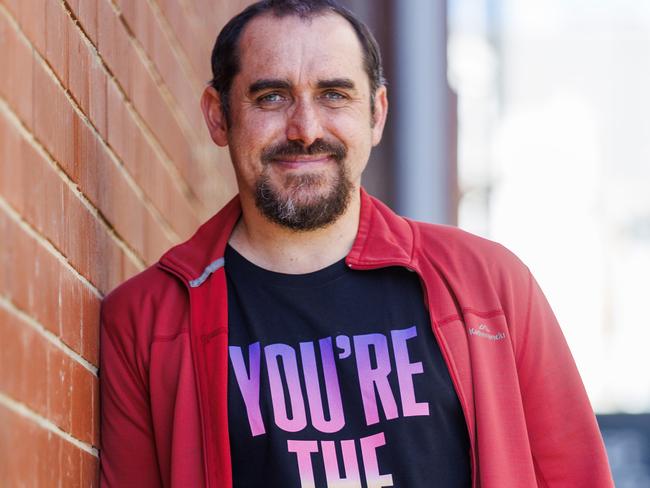
His comments come after advocate for Indigenous Australians, Marcia Langton, declared that “reconciliation is dead” after a majority of Australians said no to the invitation to give them a say in matters that affect their lives.
Mr Berg said he was not surprised that Victoria returned the highest support of all the states and expected it would continue making progress on the treaty making process.
He said treaty negotiations in the state did not preclude them from entering into talks with the Commonwealth as well.
“When we talk about treaty, what we’re talking about is an agreement between First Peoples whether that’s the assembly, or whether that’s traditional honour groups; agreements between them and the state of Victoria,” he said.
“These are agreements that, at the heart of it, are going to be about making sure that there are decisions that First Peoples can be making on their own.”
“If we’re talking about decision making being transferred over to first peoples there’s going to need to be some financial component to that. But this is all ... part of a negotiation.”
Mr Berg said it was “heartbreaking” to have information about the referendum dismissed by misinformation campaigns and called on people to rally around each other during this challenging time.



